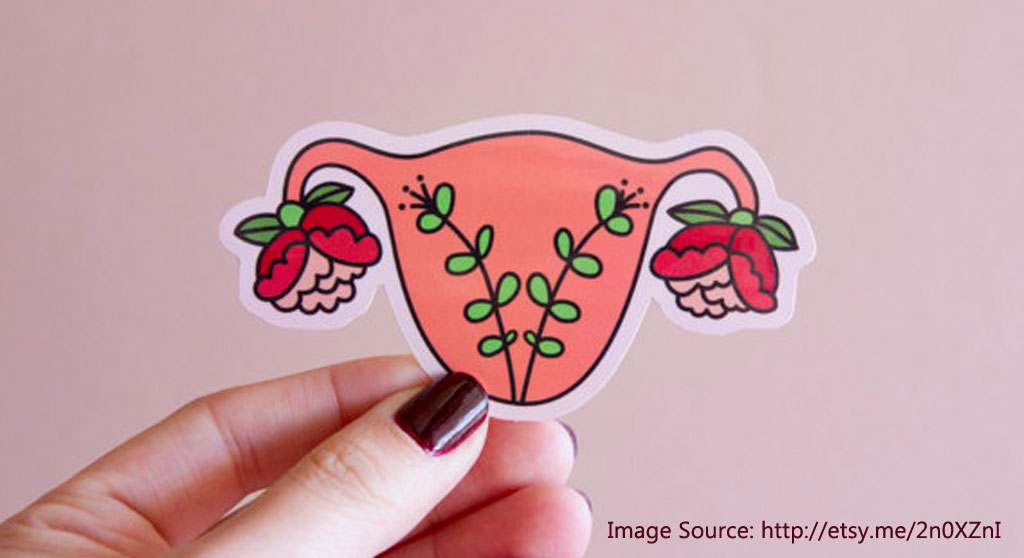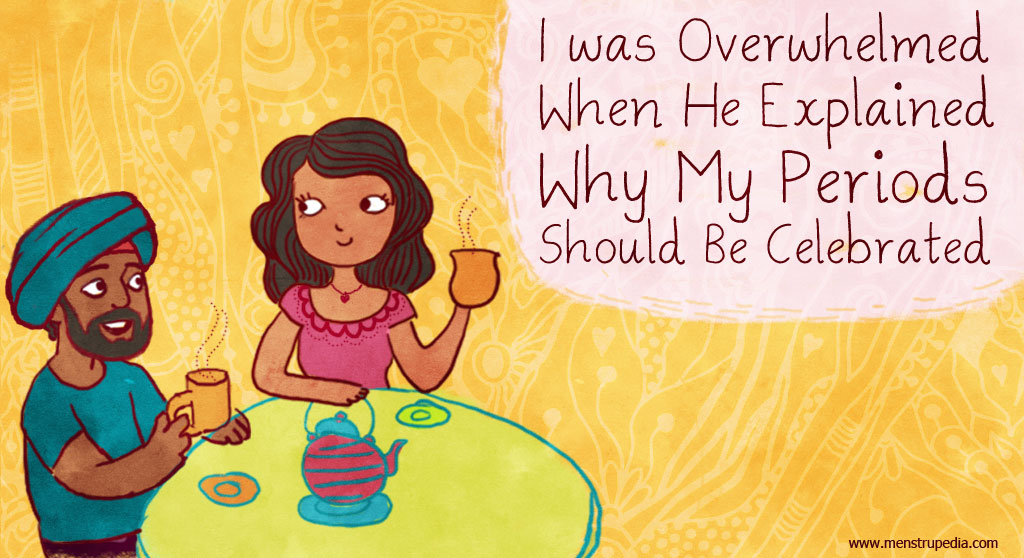28th of May is celebrated as Menstruation Hygiene Day the world over. Menstrual hygiene is an important part of women’s health, but due to silence around the topic which evolves from the stigma attached to menstruating women most of us are unaware of the use of different sanitary products and importance of hygiene during menstruation.
Menstruation refers to the monthly discharge through the vagina of the blood and tissues that were laid down in the uterus in preparation for pregnancy. Menstruation is a completely natural process. But like many other events of women’s life, menstruation too is highly stigmatized in a society like ours.
I have witnessed different forms of menstrual taboos in many families ranging from the evil practice of untouchability to not allowing women from participating in social functions. There are families who treat a menstruating woman in a very demeaning manner, her touch, her words and even her presence at the sacred places in the house is considered inauspicious. The lady who cooks, cleans, and does all the household chores religiously on all other days of the month, suddenly becomes impure and thus unfit to do all these jobs only because she is going through a cycle in her body which is natural and a much needed for reproduction of the human kind. There are temples, in Goa and other places too which has put up boards restricting menstruating woman from entering in the temples. Chemist or shopkeepers wrapping the sanitary napkin in paper and handing it over to the customer hiding it form others is a result of the shame and stigma that is attached with menstruation.
The saddest part is that women are socialized to believe that menstruation is impure and they are supposed to sideline themselves form rest of the world during the cycle. Monthly periods are a woman’s personal cycle, there is no need for the entire family and social circles to keep a track of her periods. Menstruation is not a disease and certainly not a contagious disease which can spread if you touch. Prayers, worshipping and going to religious places should be a part of personal freedom and I do not need any management committee of the temple or any other custom to tell me that I cannot pray to the god I believe in only because of my menses.
The practice of untouchability and out casting of menstruating women or any other stigma attached to menstruation is far away from reasoning and rational understanding.I feel the only reason behind such practices is patriarchal control over a woman’s body, beliefs and rights. Menstruation stigma gives an excuse in the hands of the defenders of patriarchy to continue limiting women’s freedom and preventing them from believing that they are equal to men.
It is time we speak Against Menstrual Exclusion, there is need that women shout out loud to the world that my periods are my personal thing and it is none of anyone else’s business. Let us begin the fight by following some simple things which we can practice as individuals. First of all, stop believing that periods are impure; there is no impurity in the blood that flows during menstruation. The menses blood is as normal as any other fluid in our body. Secondly let us stop putting restrictions on ourselves, lets attend functions, lets pray, go to places we wish to and most importantly I am not binding to discuss my periods with anyone or declare it if I don’t wish to. To fight this stigma, it is also essentialthat we start talking about menstruation. We have created a facebook group called Speak against Menstrual Exclusion (SAME) and have been initializing conversations and actions to stop menstrual exclusion; we can also be contacted on [email protected].
I have entered temples, attended weddings, and did all the things that society told me not to do and nothing has gone wrong. There is no wrong in enjoying your personal freedom.
Prachi has done her Masters in Social Work and have worked with NGOs. She is associated with SAHAS, an NGO working to promote gender sensitization and adolescence education in Goa. She manages a Facebook group called “Speak against Menstrual Exclusion” which aims to do away with stigmas attached to menstruation. Her interests include reading, writing and travelling.









